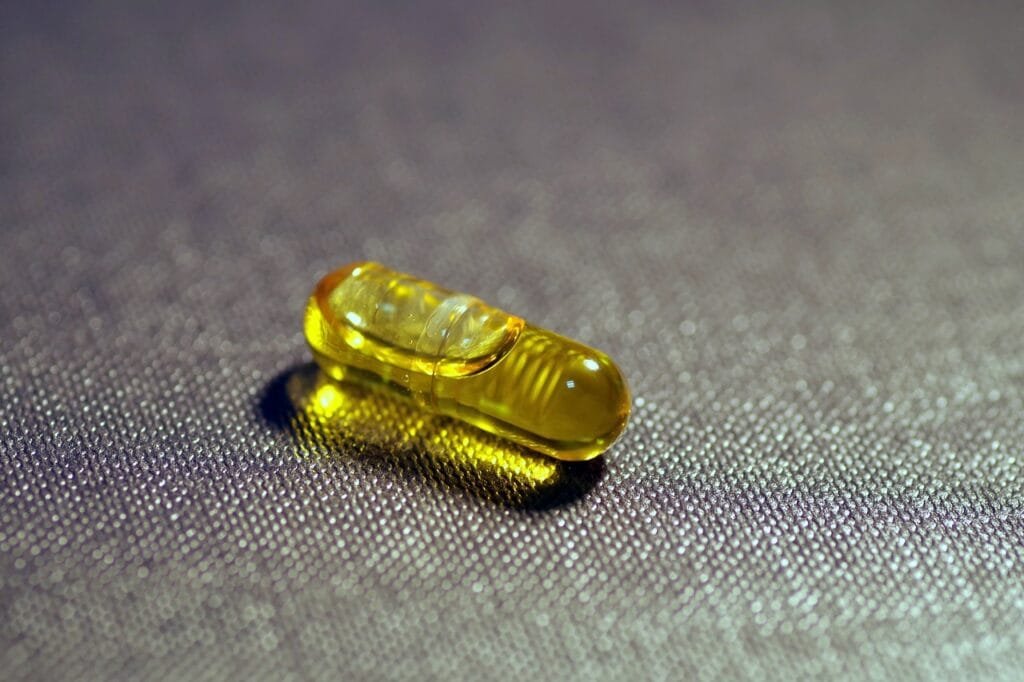Addiction Recovery: Why is Improving Nutrition Important in Addiction Recovery?
You probably already know that eating well is vital for your overall health. But did you know that proper nutrition is also crucial for those in addiction recovery?
It’s true. When you’re recovering from a drug or alcohol addiction, your body undergoes many changes. And proper nutrition can help support your body during this time. Here’s what you need to know.
The Connection Between Improving Nutrition and Addiction Recovery: A Vital Component
The Role of Nutrition in Addiction Recovery
Addiction recovery is a process of physical, mental, and emotional healing. And proper nutrition is essential for all three of these areas. How so? Consider these examples:
• Physical Health: Drugs and alcohol take a significant toll on your body, and eating nutritious foods can help your body heal and repair itself.
• Mental Health: Addiction can cause changes in your brain. Proper nutrition can help to offset some of these changes and support your mental health.
• Emotional Health: Addiction recovery can be a very emotional time. Eating nutritious foods can help to stabilize your mood and give you the energy you need to get through each day.
Additionally, the detoxification process can put a lot of strain on your body. Eating nutrient-rich foods can help reduce the symptoms of detox and make the process more tolerable–even helping decrease cravings and the risk of an immediate relapse.
Do you know where is bacillus coagulans found

What Should You Be Eating?
There is no one-size-fits-all answer to this question. However, some general guidelines can help ensure you get the necessary nutrients. Here are a few tips.
• Focus on whole, unprocessed foods: These are the foods that are closest to their natural state and are the most nutrient-dense.
• Get plenty of protein: Protein is essential for repairing your body and supporting your mental health. Good protein sources to add to your diet include lean meats, beans, nuts, and seeds.
• Eat plenty of fruits and vegetables: Fruits and vegetables are packed with vitamins, minerals, and antioxidants essential for good health.
• Limit processed foods and sugar: Processed foods and refined sugar can cause mood swings and cravings. They can also make it harder for your body to absorb nutrients.
• Eliminate fast food: Restaurant food is filled with unnecessary chemicals and high sodium. Instead, stick to other healthy options.
• Ensure you’re getting enough calories: It’s essential to ensure you’re eating enough calories to support your body during addiction recovery. Consult with a registered dietitian to ensure you’re meeting your individual needs.
• Drink plenty of water: Water is essential for good health. It will help to flush toxins from your body and keep you hydrated.
• Take it one day at a time: Just like learning to live without drugs or alcohol, changing your diet is a process. So take it slow, and be patient with yourself.
Know more about streptococcus thermophilus probiotic
The Bottom Line: Eating Well Matters in Recovery
Nutrition is an integral part of addiction recovery, serving as a cornerstone for rebuilding both physical and mental health. Addiction often takes a severe toll on the body, depleting essential nutrients, weakening the immune system, and disrupting brain chemistry. By prioritizing nutritious foods, you can begin to reverse this damage, replenish vital vitamins and minerals, and restore balance to your body. Foods rich in antioxidants, omega-3 fatty acids, and complex carbohydrates can help repair cells, reduce inflammation, and stabilize mood, which are critical for sustaining sobriety.
Beyond physical healing, proper nutrition plays a pivotal role in supporting mental health. Many individuals in recovery struggle with anxiety, depression, or mood swings, which can be exacerbated by poor dietary choices. Nutrient-dense foods like leafy greens, lean proteins, whole grains, and healthy fats provide the building blocks for neurotransmitters like serotonin and dopamine, which regulate mood and reduce cravings. A well-nourished brain is better equipped to handle stress, make sound decisions, and maintain emotional stability—key components of long-term recovery.
Moreover, eating well gives you the energy and focus needed to navigate the challenges of each day in sobriety. Recovery is a journey that requires resilience, and a balanced diet fuels your body to stay strong and motivated. By making mindful food choices, you’re not just feeding your body; you’re nurturing your mind and spirit, creating a solid foundation for a healthier, more fulfilling life.
In essence, improving nutrition is more than just a step in recovery—it’s a powerful act of self-care and empowerment. By giving your body the nutrients it needs, you’re setting yourself up for success, one meal at a time, on your journey to a brighter, healthier future.




